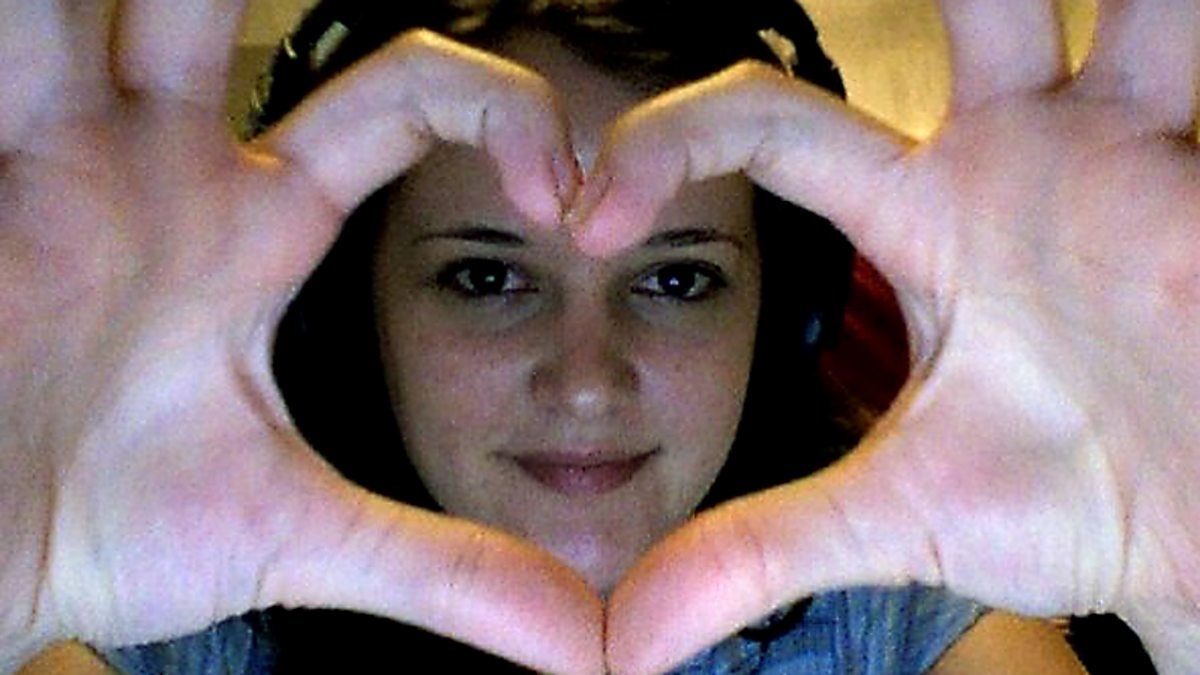Bryony Makes A Zombie Movie
Realtime documentary following the crowd-sourcing of a zombie movie
BAFTA and Rose d’Or nominated
The BBC’s first programme built around a YouTube ‘influencer’
Back in 2008, no one really knew the potential of YouTube, a platform only three years old. Words like ‘YouTuber’ and ‘Influencer’ were yet to become commonly used, and the platform existed back then as a sort of wild-west for pirated content and the unbridled output of video bloggers, or simply vloggers. Bryony Matthewman was one such vlogger.
At the start of that year, Bryony - whose online handle was Paperlillies - was featured in the Evening Standard as a Londoner who had garnered loads of views for her comedy skit vlogs. I had the idea that maybe YouTube could help companies like Hat Trick find a new generation of comedy talent, a generation who could bring their substantial fanbases with them. It seems odd now, but this was quite an unusual idea back then. Talent development in comedy was entirely centered around the stand-up circuit and Edinburgh, and everyone except for me took a dim view of these unvarnished internet upstarts.
Once we’d met with Bryony, who was interested in collaborating, we had to come up with something for her to do. My development team at the time - Andrew Mettam and Jon Foster - came up with the idea of giving Bryony the mission of crowd-sourcing a zombie movie. It seemed like the perfect fit, and when we pitched it, I sort of had the movie Ed Wood in mind, in that the weird and wonderful characters assembled to make a cult movie like Plan 9 From Outer Space might provide us with a better story than the eventual output.
The Ed Wood-inspired front page to the Bryony Makes A Zombie Movie pitch deck.
The BBC - and other broadcasters - did not know what to make of YouTube. It was already massive and had sent shockwaves through the broadcasting industry. Was it the beginning of the end of traditional broadcasting, or a parallel video experience? What should television do with YouTube? We pitched the idea to BBC Vision’s Martin Trickey and BBC Three controller Danny Cohen, who I think sensed that this kind of show could be an answer to that question.
But funding for the project proved difficult, and in the end we pulled a bit of a stunt that could easily have backfired: we had Bryony announce to 250,000 fans that she was going to make a zombie movie anyway. The response to this video forced the beeb’s hand and we were in production a week later (steered by producer Adam King).
You can still read a blog written by Martin at the time giving the BBC view on the production here. For 17 weeks we released short documentary episodes, available on YouTube and the BBC website, which combined into a half hour edit broadcast one Sunday evening on BBC Three (almost, but not quite, the graveyard slot). Nonetheless, the show was well received by TV critics and awards bodies, and became a talking point in the TV industry for a while.
The full TV half hour show is still up on YouTube and you can view it below. It did kind of end up as an internet Ed Wood, so in that respect, the pitch accurately reflected the end product (that doesn’t always happen). The production anticipated a number of media developments: the emergence of YouTubers as legitimate talent (Gleam Futures, an all-YouTuber talent agency, launched in 2010), YouTube’s drive towards more professionally made content after being bought by Google (culminating in the Original Programming Initiative, which you can read about in the Bad Teeth case study, when I eventually get round to writing it), and a multi-platform distribution model which is now fairly routine.
Did YouTube really revolutionize talent development for TV? Well, in some areas. But, at the time of writing in 2022, the comedy talent pipeline is still 80% dominated by Edinburgh and the circuit. And it didn’t work out for Bryony, who became disillusioned with YouTube as it grew more commercial and ended up, for a period of a few years, as a social media manager working at BBC Three of all places.


